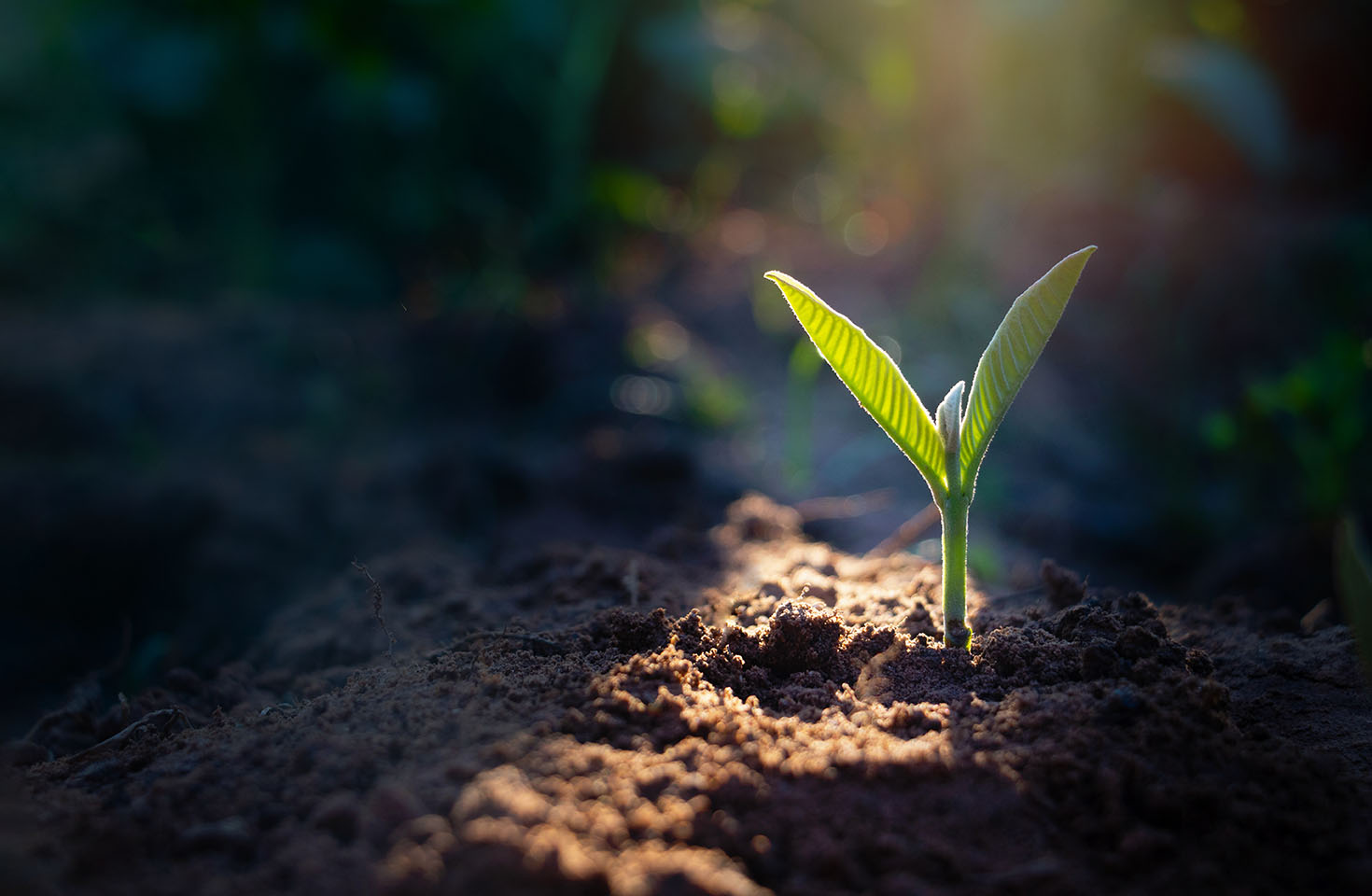
young plant
Definition
A young plant is a plant that is in the early stages of its growth. It is not yet fully mature, but it has all the basic parts of a plant, such as roots, stems, and leaves.
The growth of a young plant is influenced by a number of factors, including the type of plant, the climate, and the availability of water and nutrients.
Young plants need sunlight to photosynthesize and produce food. They also need water to transport nutrients throughout the plant and to keep the cells hydrated.
Young plants are often very susceptible to pests and diseases. It is important to take care of young plants to protect them from these threats.
How can the word be used?
The farmer planted young trees to prevent soil erosion.

Different forms of the word
Noun:
- seedling (a young plant that has just germinated).
- sapling (a young tree that has just begun to grow).
- sprout (a young shoot or branch that grows from a plant).
Adjective:
- young (of a plant, animal, or person) not yet fully grown.
- sapling (of a tree) young and slender.
- seedling (of a plant) having just germinated.
Etymology
The word "young" comes from the Old English word "geong", which means "young, youthful". The Old English word "geong" is related to the Old Norse word "ungr" and the German word "jung".
The word "plant" comes from the Latin word "planta", which means "shoot, sprout". The Latin word "planta" is related to the Greek word "plonthos" and the Sanskrit word "plāta".
Question
What might you see on a young plant?
AQA Science Exam Question and Answer
Question:
Describe the process of germination and the stages of growth in a young plant. Explain the essential factors, such as water, light, and nutrients, that contribute to the successful development of a young plant.
Answer:
Germination is the process by which a seed begins to develop into a young plant. It involves several distinct stages: hydration, activation of enzymes, cell division, the emergence of the radicle (first root), and eventually, the growth of shoots and leaves.
Water is a primary requirement for germination. It activates enzymes that initiate biochemical changes, breaking down stored nutrients within the seed to fuel early growth. Light, particularly in the form of specific wavelengths like blue and red light, triggers photoreceptors and influences the direction of stem growth, ensuring that the plant emerges above the soil.
In addition to water and light, nutrients play a vital role. Nutrients absorbed from the soil facilitate cell division, elongation, and differentiation in the young plant. Macronutrients like nitrogen, phosphorus, and potassium, along with micronutrients like iron and zinc, are essential for overall growth and development.
Proper environmental conditions, including temperature and oxygen availability, are also important for successful germination and young plant growth.